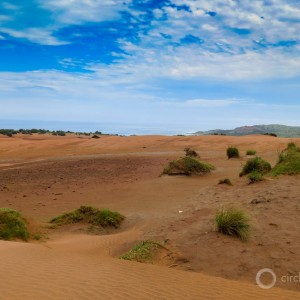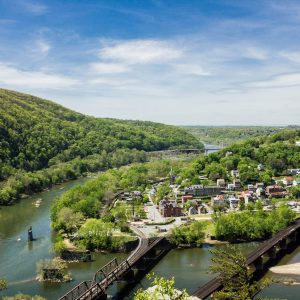The Stream, November 11: India Supreme Court Rules States Must Share Water
The Global Rundown
A decision by India’s Supreme Court invalidated a Punjab law that rescinded its river-sharing agreements with neighboring states. At the same time, Punjab is contending with declining groundwater levels that put its dairy industry at risk. Millions of dollars meant to help Bangladesh adapt to climate change were returned to donors after a dispute about their administration. A state report found no evidence that hydraulic fracturing contaminated wells in Wyoming, reversing earlier findings. The Fitch Ratings agency expects U.S. water infrastructure failures to increase due to a lack of investment. Funding for the Dakota Access oil pipeline hinges on a federal government decision to allow the line to cross under a reservoir in North Dakota. Solar-powered water pumps are cutting energy costs for farmers in rural Morocco.
“As groundwater levels go down, the risk of arsenic or lead poisoning in the water increases because heavy metals settle lower down. If farmers keep extracting as they have … the quality of the water, which ultimately goes into our milk, will also reduce.” –Vibha Dhawan, senior director at the Energy Resources Institute in New Delhi, on groundwater depletion in Punjab’s dairy region. International companies like GlaxoSmithKline and Danone, which source milk from the region, are increasingly recognizing the water risks and beginning to take steps to help farmers respond. Nonetheless, experts say more needs to be done to increase water efficiency in the agriculture industry.(Guardian)
By The Numbers
$188 million Amount pledged by international donors to the Bangladesh Climate Change Resilience Fund, a fund set up by the World Bank to help Bangladesh address floods, storms, and other consequences of climate change. The fund will be closed and the donations returned due to opposition in Bangladesh to the bank’s involvement. Guardian
75 percent Decline in the price of energy required for an hour of irrigation after a small town in Morocco installed solar-powered water pumps. AFP
$1.4 billion Amount of financing that will become available to complete the Dakota Access oil pipeline in North Dakota if the U.S. government approves an easement to allow the pipeline to cross underneath Lake Oahe. Reuters
Science, Studies, And Reports
Bacteria, not hydraulic fracturing, were likely responsible for the contamination of groundwater wells in Pavillion, Wyoming, according to an investigation completed by the state. The findings represent a reversal from an earlier study that was reported, but never finalized, by the U.S. Environmental Protection Agency in 2011. Associated Press
Capital spending on updated water and sewage infrastructure remains low in the United States, according to a report released by Fitch Ratings. As a result, the credit ratings agency said it expects costly water main breaks and other infrastructure failures to increase in number and severity. Fitch Ratings
On The Radar
More than a decade after the Indian state of Punjab cut its water-sharing agreements with neighboring states, the Supreme Court ruled that the move was unlawful. The decision will likely require Punjab to complete the Sutlej-Yamuna Link canal to provide Haryana with water from the Ravi and Beas rivers. The Tribune
A news correspondent for Circle of Blue based out of Hawaii. She writes The Stream, Circle of Blue’s daily digest of international water news trends. Her interests include food security, ecology and the Great Lakes.
Contact Codi Kozacek





